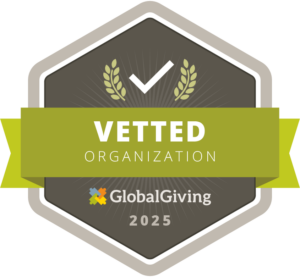The Bahia de los Angeles Biosphere Reserve is a Natural Protected Area located in the central region of the Gulf of California, whose waters bathe part of Baja California. The natural wealth that exists there has allowed the settlement and economic development of small communities in the middle of the desert. In the waters of this Natural Protected Area, more than 80% of the state’s octopus production is caught. Although this represents only 0.35% of the national octopus production, its value lies in the generation of direct employment for more than 100 fishermen that make up the community of Bahía de los Ángeles.
Due to such socioeconomic and cultural value, the octopus fishery is of interest to this community, which since 2015 established a Community Closed Season to protect the octopus during its reproductive season, which runs from August 1 for the brown octopus (O. bimaculatus) and September 1 for the green octopus (O. hubbsorum), until November 30, when the closed season ends for both species. Said closure was formalized in 2016 and updated with the institutional support of CONAPESCA and INAPESCA. This set the precedent for strengthening the management of the octopus fishery and venturing to implement a Fisheries Improvement Program or FIP for octopus, which is a market tool to incentivize the sustainable use of octopus.
This activity is part of the second most important formal fishery in the Bahía de los Ángeles Biosphere Reserve, which is why the FIP contributes to promoting sustainable fishing, better product management, the possibility of accessing better markets and prices, and most importantly, improving the quality of life of fishermen, fisherwomen, families and society that make a living from this resource.
The octopus is a highly valued gourmet resource, that is why several chefs in the state join the recognition to the fishermen of Bahía de los Ángeles to respect the octopus ban (period in which no fishing, no buying and no selling of brown and green octopus from Bahía de los Ángeles) and invite diners to be responsible for this to be complied with, because this allows that this source of employment and income for so many families is not lost due to overfishing and that fishing is sustainable and ensures that future generations will continue to enjoy the resources that the sea offers us.












